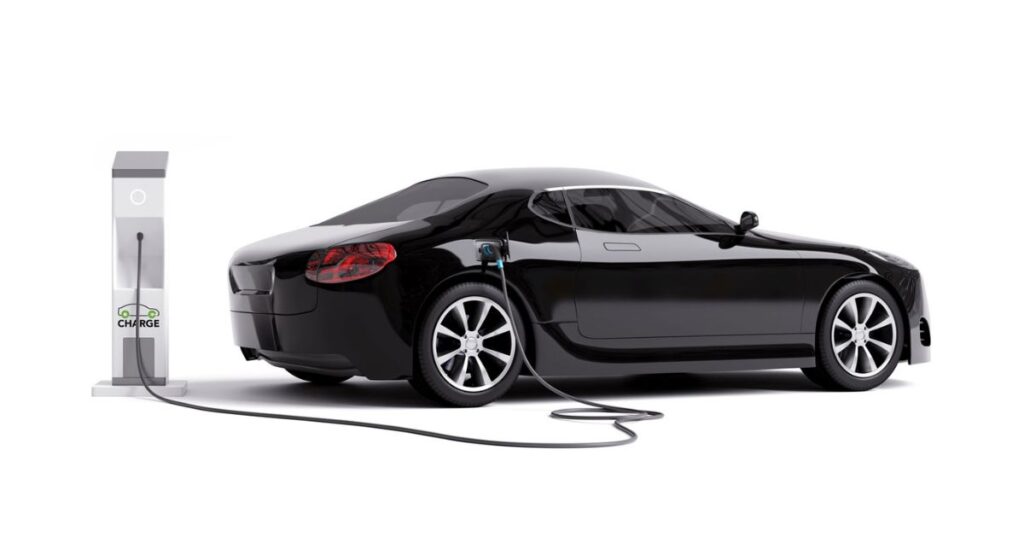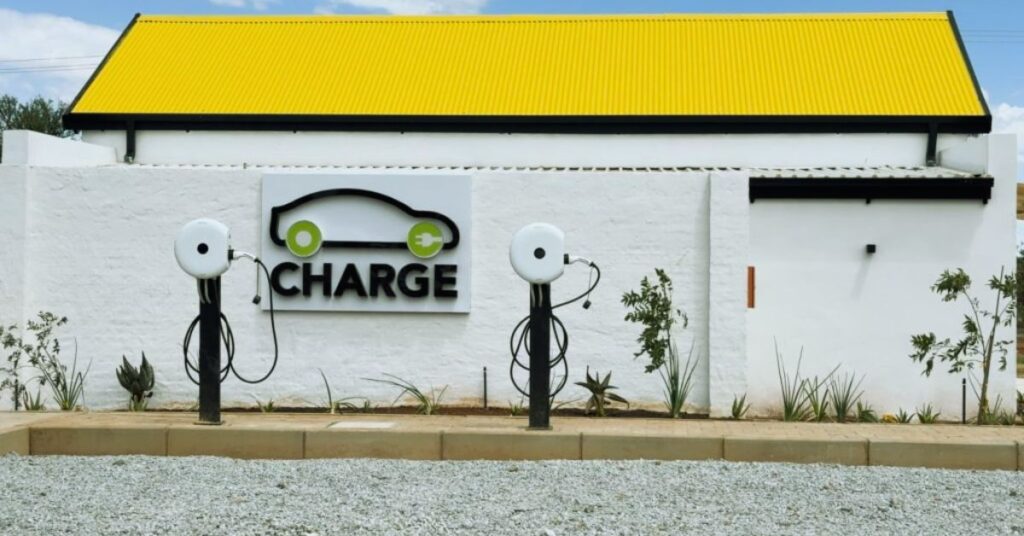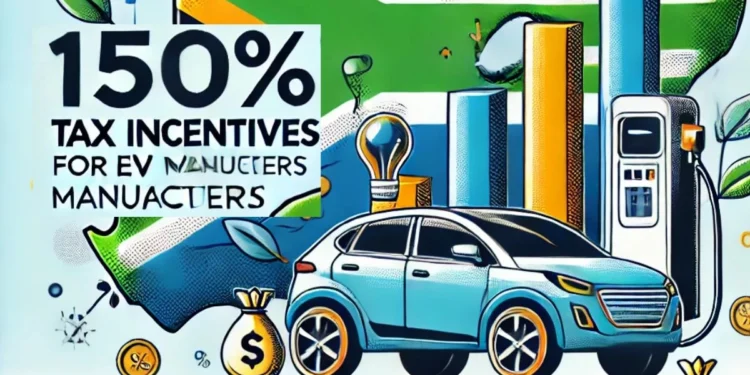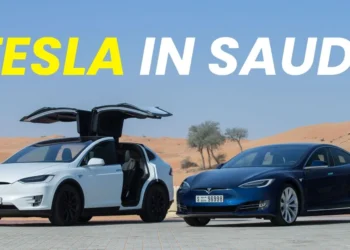In a bold move to support the global shift toward cleaner energy, South Africa recently introduced a 150% tax incentive to encourage local production of electric and hydrogen-powered vehicles. As the country strives to become a hub for sustainable transportation solutions, this move is expected to significantly transform its automotive sector. With key players from around the world keeping a close eye, let’s explore how South Africa’s tax incentives for electric vehicles could shape the future of its automotive industry.
Table of Contents
The Importance of South Africa Tax Incentive For EV

The announcement of the 150% tax incentive is a crucial step in South Africa’s journey toward a greener future. This incentive will allow manufacturers to deduct 150% of their investment costs, including expenses related to building and equipping plants for EV production, from their taxable income. The measure is designed to stimulate investment in the local automotive industry and accelerate the transition to cleaner transportation options.
South Africa Tax Incentives for Electric Vehicles: What This Mean for Manufacturers?
The tax incentive offers a unique opportunity for both local and international companies looking to set up production facilities in South Africa. With an investment in buildings, plants, and machinery for EV manufacturing, businesses can claim back more than they spend. For example, a company that invests R1 million will be able to deduct R1.5 million from its taxable income.
The South African government expects this incentive to attract substantial investments and create job opportunities, particularly in the fields of manufacturing, skills development, and local supply chain growth. This move also aligns with the global trend of transitioning from traditional internal combustion engine (ICE) vehicles to cleaner, greener alternatives like electric and hydrogen vehicles.
Key Points About the Tax Incentive:
- Effective Date: The tax incentive will take effect in March 2026, ensuring that manufacturers can plan for future investments.
- 150% Tax Deduction: Manufacturers can deduct 150% of the cost of new investments used for EV and HPV production.
- Eligible Investments: Buildings, plants, machinery, and improvements for EV and hydrogen vehicle production
- Expected Impact: Aimed at attracting both local and international manufacturers, with the potential to generate around $27 billion in new investments.
The tax incentive is seen as a response to the growing demand for cleaner vehicles, and as a way to keep South Africa competitive in the global automotive market, especially as countries like the EU and UK are planning to phase out internal combustion engine (ICE) vehicles by 2035.
Mikel Mabasa, CEO of the Automotive Business Council, stated,
“This incentive to boost local manufacturing is a positive step forward, but we also need to reduce the current high import duties for EVs — 25% compared to 18% for combustion engine vehicles. These taxes inflate EV prices, slow demand, and limit market growth.”
What Does This Mean for South Africa’s Automotive Sector?

South Africa’s automotive sector is a significant contributor to its economy, with a record R270.8 billion in vehicle exports in 2023, accounting for 14.7% of the country’s total exports. This new tax incentive is poised to encourage the shift from internal combustion engine (ICE) vehicles to new energy vehicles, making South Africa a prime location for international EV manufacturers.
- Economic Growth: The tax incentives are expected to attract approximately $27 billion in investment over the next few years, creating new jobs and boosting local industries.
- Global Investment: Chinese automakers, including Chery Automobile and Great Wall Motor, have already signed non-disclosure agreements indicating their interest in establishing production facilities in South Africa.
Will South Africa Become the Hub for Electric Vehicles?
With its abundance of raw materials such as manganese, platinum, and lithium, South Africa is well-positioned to become a leading supplier of components for the global EV market. The country’s strategic geographic location and strong industrial infrastructure further enhance its potential to lead the continent’s transition to cleaner vehicles.
As CHARGE, a leading company in South Africa’s renewable energy sector, notes,
“This incentive to boost local manufacturing is a positive step forward, but we also need to reduce the current high import duties for EVs — 25% compared to 18% for combustion engine vehicles. These taxes inflate EV prices, slow demand, and limit market growth.”
CHARGE continues to call for a more supportive policy environment to further reduce barriers to EV adoption in South Africa.
Why South Africa Is an Attractive Location for EV Manufacturing:
- Strategic geographic location with access to key global markets.
- Abundant natural resources, including platinum and manganese, are essential for EV batteries and hydrogen fuel cells.
- Government commitment to support the transition to cleaner technologies.
The potential for South Africa to become a key player in the global EV market is undeniable. As international companies look for new production bases, South Africa’s well-established industrial infrastructure, coupled with its rich reserves of critical minerals, makes it an attractive choice.
South Africa’s Commitment to the Green Revolution
The introduction of tax incentives for electric vehicles comes at a crucial time. As countries like the European Union (EU) move toward banning internal combustion engine vehicles by 2035, South Africa must adapt to maintain its competitive edge. The tax incentive is part of a larger strategy outlined in the Electric Vehicles White Paper, which aims to position South Africa as a leader in the production of new energy vehicles (NEVs), including both electric and hydrogen-powered vehicles.
Finance Minister Enoch Godongwana has emphasized the need for South Africa to transition to cleaner vehicles, noting, “This initiative is essential for reducing emissions and ensuring South Africa’s continued role in the global automotive export industry.”
The Role of South Africa’s EV Infrastructure
While the tax incentives are a significant step forward, South Africa also faces challenges related to the development of EV infrastructure. However, the country is already making strides in this area. Private companies like CHARGE are leading efforts to build an off-grid, solar-powered charging network, ensuring that EV owners have access to reliable, sustainable charging options.
Key Players in South Africa’s EV Infrastructure:
- CHARGE: Working on an off-grid charging network powered by renewable energy.
- Rubicon and GridCars: Expanding EV charging stations across the country.
- Isondo Precious Metals: Launching advanced manufacturing for platinum group metals used in EV production.
The growing number of charging stations is helping reduce range anxiety, making it easier for consumers to adopt electric vehicles. As South Africa’s infrastructure continues to expand, it will further support the country’s EV transition.
Challenges and Opportunities for South Africa’s EV Market
Despite the positive developments, South Africa still faces several hurdles in its transition to electric vehicles. The high import duties on EVs, currently set at 25%, are one of the major obstacles. Lowering these import duties could help make EVs more affordable and accelerate adoption in the local market.
CHARGE advocates for a six-year tax holiday on EV imports to address this issue, as highlighted in their statement: “This incentive to boost local manufacturing is a positive step forward, but we also need to reduce the current high import duties for EVs — 25% compared to 18% for combustion engine vehicles. These taxes inflate EV prices, slow demand, and limit market growth.”
Conclusion
South Africa is at the crossroads of a major shift in the global automotive industry. The government’s new tax incentives for electric vehicles are a critical step in positioning the country as a leader in the green mobility revolution. By attracting investments, fostering infrastructure development, and focusing on sustainability, South Africa has the potential to become a dominant player in the EV market in the coming decades.
Read more: In USA Mercedes EVs Can Be Charged Using A Tesla Supercharger from February 2025 – Full Details.
FAQs
What is the South Africa tax incentive for electric vehicles?
The 150% tax incentive allows manufacturers to deduct 150% of the cost of investments in buildings and equipment used for electric and hydrogen-powered vehicle production in South Africa.
When will the South Africa EV tax incentive come into effect?
The tax incentive will take effect in March 2026.
What are the benefits of the 150% tax incentive?
Manufacturers can deduct 150% of their investment in EV production assets, which can unlock billions in investment and stimulate the local economy.
How does South Africa’s EV tax incentive compare to other countries?
South Africa’s incentive is one of the most generous globally, providing a significant tax break that makes it an attractive destination for EV manufacturers.
How will the EV tax incentive impact South Africa’s economy?
The initiative is expected to attract over $27 billion in investments, create jobs, and reduce carbon emissions in line with global sustainability goals.







